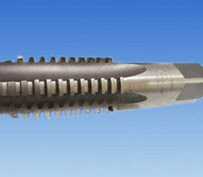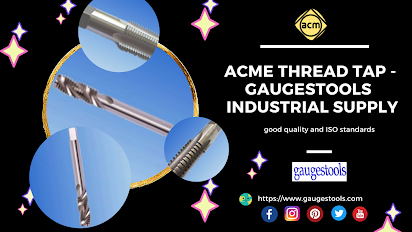Important Uses and Characteristics of Metric Thread Gauges
The first question that comes to mind is, what are metric thread gauges? Metric thread gauges help identify the size and thread pitch of bolts, nuts, and screws. So what characteristics make the metric thread gauges the right choice for you?
A Metric thread gauge has metric sizing and easy-to-read markings that stay intact. It is made of a durable material like steel and is chemically resistant. You must screw a fastener into the object to measure the diameter size and thread pitch.
Measuring washers and nuts with the knob on the other side is essential in various applications. You also get shatterproof and color-coded polypropylene gauge dividers for quick recognition. The best metric thread gauges are designed to help in convenient storage and transportation.
Class of Thread Gauges
Threads are categorized into three established classes and are available in a unified series accompanied by a letter A or B. ‘A’ stands for screws, while ‘B’ stands for internal threads or nuts. The unified combination with letters signifies specific tolerances and limits.
· Class 1B Thread
This metric gauge 1A screws with 1 B hole are very helpful for a fast and easy assembly. However, they are used less frequently in contemporary metal materials design.
· Class 2B Thread
These threads consist of 2A screws that fit into 2B holes. 2B thread has a lot of applications such as supporting finishing coating or plating, finishing to a certain extent. It has an acceptable tolerance.
· Class 3B Thread
3A screw with a 3 B internal threaded hole or nut is used for nearly matching tolerance limits.
GH Numbers
In GH Numbers, "G" stands for Ground Thread, and "H" is for the pitch diameter on the base's higher side. To categorize metric fasteners, GH is accompanied by a numeral showing the oversized pitch tolerance diameter.
Metric fasteners are also categorized as coarse or fine. This measurement refers to their thread pitch. However, some sizes may also be available in the extra fine thread. Coarse metric fasteners are named this way as they are likely to be coarse with close threads compared to the standard "inch" fasteners for similar sizes. On the flip side, fine metric fasteners can feel coarse or fine based on their size. Therefore, coarse metric fasteners are more popular metric threads. Moreover, the coarse fastener is used whenever the pitch is not specified.
Let's take an example. Consider the M14-2.0 corkscrew, coarse and spaced 0.079 inches (2.0 mm). A 9/16-12 screw, comparable in diameter and coarse, has its threads farther spaced 0.083 inches, allowing fewer threads per unit of measure.
Conclusion
It is necessary to determine the specifications of the metric thread gauges you want to choose. Or else, you can discuss your project pre-production unit requirement with a manufacturer and supplier of thread gauges. This ensures that you get a metric thread gauge that is the right first for your job. This is needed for a high-quality product and end customer satisfaction. Reach out to Gaugestools to get more information and order suitable thread gauges.
.png)




Comments
Post a Comment